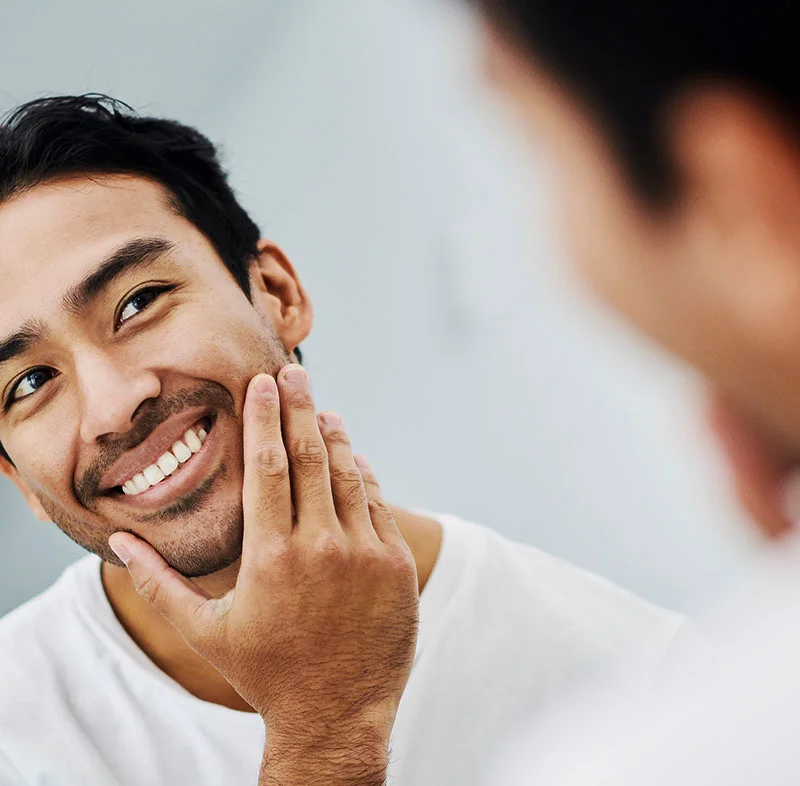Let’s Get Started
What’s the First Step?
When you come into our inviting Fort Lee office for your bruxism protection consultation, you will meet with Dr. Ali Weiselberg, a knowledgeable and experienced dentist who will immediately set you at ease. She will thoroughly examine your jaw and your “bite,” take X-rays, and delve into your dental history so she can determine the underlying causes of your issues and curate a bespoke solution for you. Our patient coordinators will then help to schedule additional appointments.



